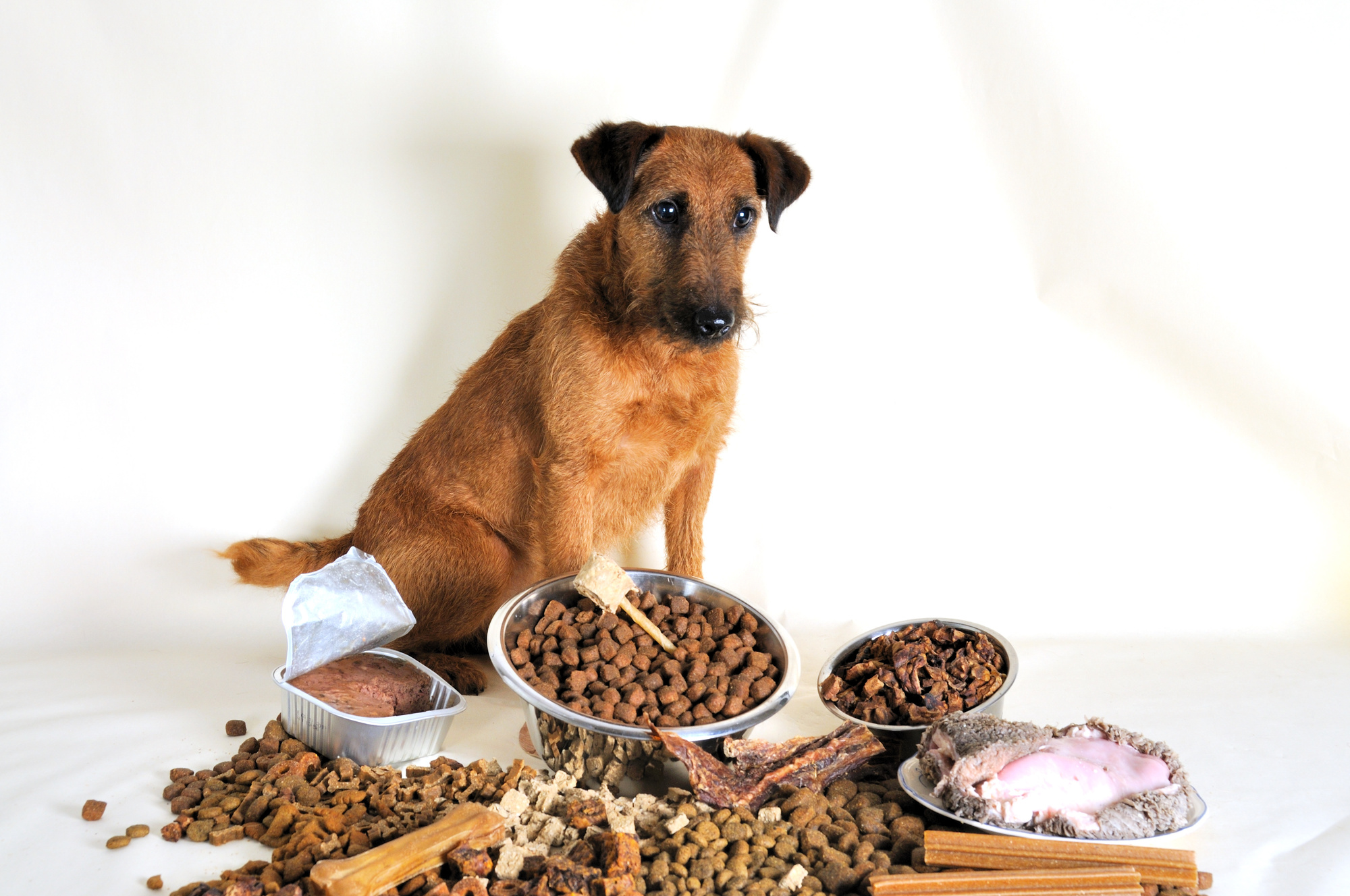Between 25 and 65 percent of dogs in the U.S. are clinically malnourished. If your precious pooch is one of them, you may wonder what to do.
Sometimes even the tastiest foods won’t be enticing to your dog, and trying to force them to eat can stress them out. Sometimes it’s due to other things in their lives, like different factors they’ve got going on in their home life.
If your dog won’t eat what you’ve provided for them, read on for several reasons why this may be happening and what you can do to fix it.
Change Your Dogs Food
You can do a few things if your dog won’t eat their food. One thing you can do is try a different type of food.
You could switch to wet food if your dog eats dry food.
You could also try adding some water or broth to their food. This will make the food moister and easier to eat.
Additionally, try giving them food that smells and tastes good. This may be something like boiled chicken or liver.
There are several reasons why a dog won’t eat. For example, a chihuahua constipated for a long time, a stressed bulldog, or a dog with an underlying illness. Whatever the reason is, monitor them and follow your gut when it’s time to bring them to the vet.
Make Sure Your Dog is Getting Enough Exercise
If your dog isn’t getting enough exercise, it could be why they’re not eating. Inactive dogs tend to have a decrease in appetite.
A tired dog is a good dog. A good rule of thumb is that a dog needs 30 minutes of exercise every day.
Feed Them Smaller Meals
If your dog is used to eating one large meal a day, switching to multiple smaller meals can be confusing. This may also cause them to lose their appetite.
Try breaking their food into smaller pieces and see if they show interest in eating again.
This will help their stomach better digest the food and may help with any issues with dog eating habits. Additionally, this will help them not get overwhelmed with their food and will help them to eat it all.
Talk to Your Veterinarian
If your dog suddenly stops eating their food or seems to be losing interest in it, it is essential to have veterinarian visits. There could be many underlying causes for lack of appetite.
From physical illness to psychological stress, your vet can determine the cause and devise a treatment plan. In the meantime, try to keep mealtimes positive and relaxed, offer a variety of dog foods, and ensure your dog has access to plenty of fresh water.
Why Your Dog Won’t Eat
If your dog won’t eat, there could be many underlying causes. The first step is to speak with your veterinarian to rule out any health concerns.
If there are no medical issues, you’ll need to figure out what is causing the loss of appetite. Once you identify the problem, you can take steps to get your dog to eat again.
For more animal-based news and info, check out our blog posts.






